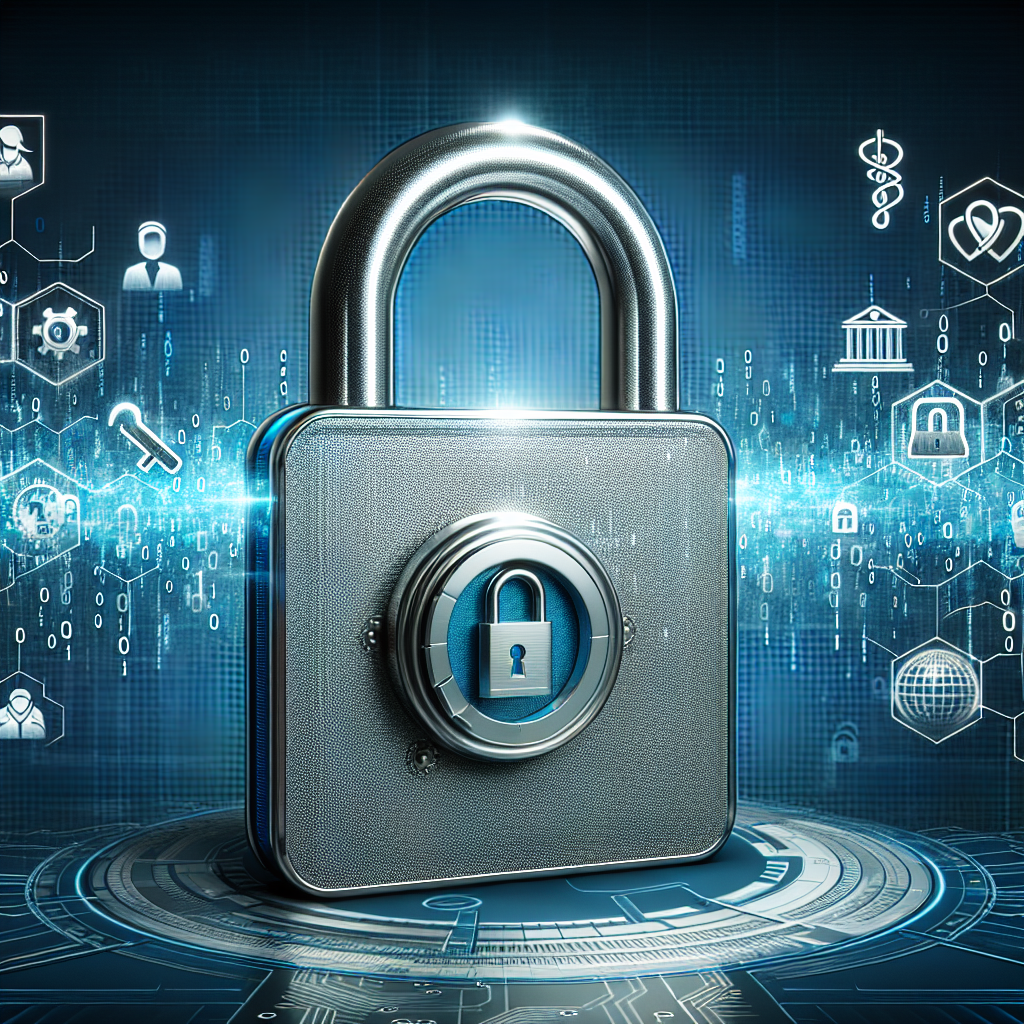In today’s rapidly progressing digital landscape, businesses face numerous obstacles and chances. One critical element that can not be forgotten is conformity. As companies undergo electronic makeover, understanding and sticking to compliance guidelines will play a pivotal role in future-proofing their operations.
Comprehending Compliance in the Digital Age
Compliance describes the procedure of guaranteeing that a company follows pertinent legislations, policies, and guidelines certain to its sector. In the age of electronic makeover, this encompasses information protection, cybersecurity, and personal privacy legislations such as GDPR and CCPA. Satisfying these standards not just shields business from charges but likewise enhances its credibility.
Why Compliance is Essential for Digital Improvement
When organizations take on new technologies and procedures, compliance ensures that they do not unintentionally expose themselves to legal risks. Here are some reasons that conformity is important during this change:
1 Danger Mitigation
Digital changes typically introduce brand-new vulnerabilities. Conformity frameworks assist identify and handle these dangers successfully.
2 Customer Count on
Clear and certified techniques build consumer confidence. Besides, customers are more likely to involve with brands that prioritize their privacy and protection.
3 Operational Effectiveness
Compliance urges standard processes, which can simplify operations. This efficiency can lead to cost financial savings and boosted efficiency.
Associated Searches
- Digital Compliance Strategies
- Significance of GDPR in Service
- Compliance and Cybersecurity
The Crossway of Conformity and Technology
As services integrate innovative technologies like AI, blockchain, and IoT, conformity ends up being a lot more complicated. It’s vital to use compliance administration devices that can adapt to numerous policies while integrating flawlessly with existing systems.
FAQ
Q: How can organizations stay certified throughout digital makeover?
A: Routine audits, staff member training, and adopting compliance monitoring technologies can assist companies remain straightened with needed regulations.
Q: What are the repercussions of non-compliance?
A: Businesses might deal with considerable penalties, lawful obstacles, and reputational damage.
Q: Does compliance impede advancement?
A: Not always. While compliance requires specific restrictions, it can likewise drive development by motivating much safer and much more effective practices.
Meeting with a Compliance Expert
Interviewer: In your experience, how can services effectively integrate compliance right into their digital techniques?
Compliance Specialist: It’s important for organizations to see compliance as a tactical possession instead of a limitation. By embedding conformity into the society, hiring proficient workers, and leveraging modern technology, companies can create a dexterous environment where conformity enhances their technology instead of stifles it.
Verdict
Conformity is no more a back-office function; it’s a crucial part of company approach, particularly during electronic change. By focusing on compliance, companies are not just protecting themselves yet are likewise boosting their future preparedness. Welcoming this attitude will certainly lead to lasting company growth in an ever-changing digital globe.
Citations
To find out more on compliance in electronic transformation, refer to recognized sources like Compliance Week and Harvard Organization Testimonial


